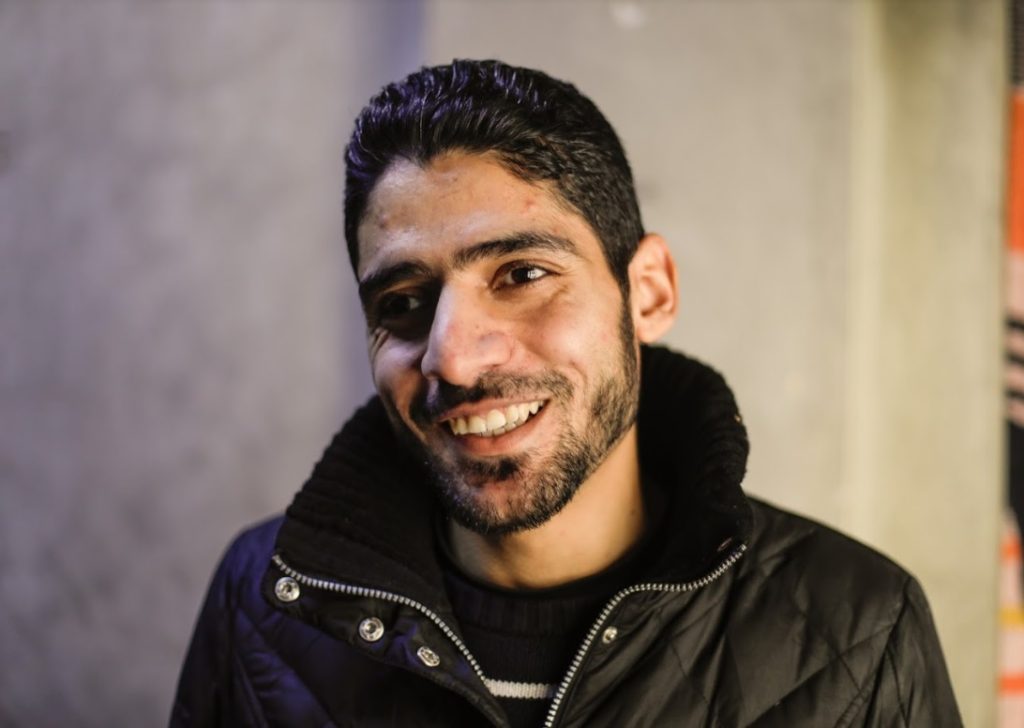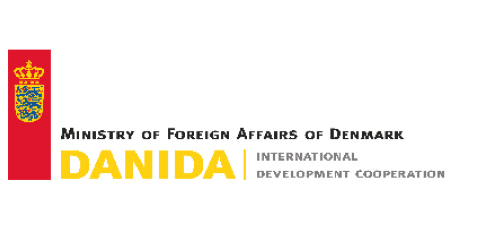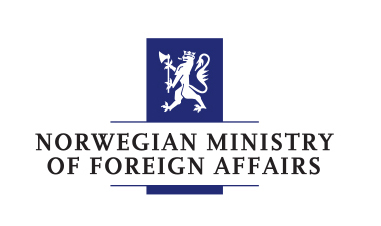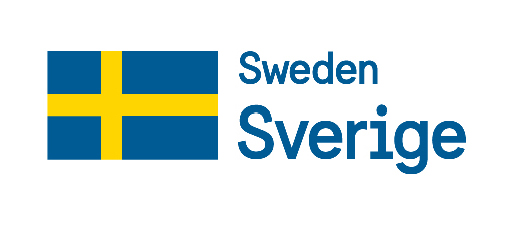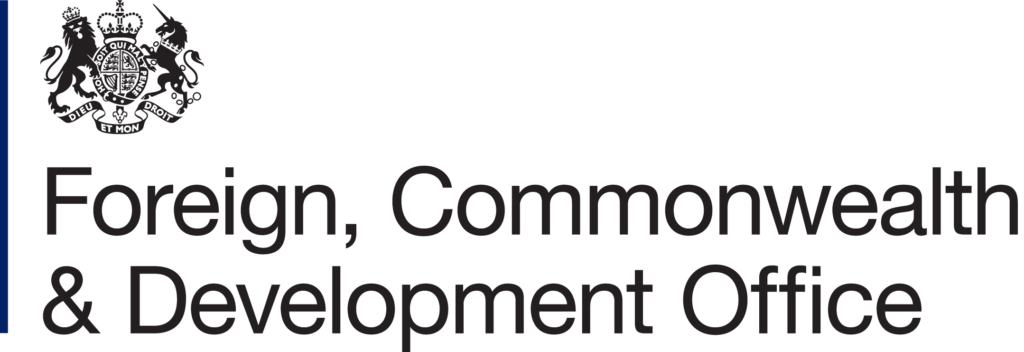Bilal (not his real name), 30, has had a visual impairment since childhood, despite this, he graduated from high school and started studying at university. When the conflict in Syria started, he and his family had to flee their hometown.
“Fleeing was very difficult. We had to leave everything behind, fleeing from one place to another, escaping the fighting and intense airstrikes. I was very disappointed that I was not able to continue my studies,” Bilal says. “But I couldn’t sit around doing nothing. I had to go out and look for work opportunities to help my family survive.” Bilal has been the sole breadwinner in the family for the past seven years.
With an unemployment rate of over 75 percent, finding a job in Syria was very difficult. “First of all, it is difficult to find a job in general. Secondly, it becomes more difficult when you are displaced. Last but not least, it seems almost impossible when you are also disabled. There is not a lot of acceptance for disabled people in our community. It is like they have never seen a blind person before,” Bilal says.
When he heard about the support offered by the International Rescue Committee (IRC) and Humanity and Inclusion (HI), he immediately applied for the vocational program to be trained in restaurant management and fast food production. “I learned a new skill, I got to know more people and, most importantly, I showed the world that even with a disability I am capable of working and earning a living,” he says.
As part of the Syria Resilience Consortium (SRC), organizations like HI and IRC work closely together to support people in Syria. Since its inception in 2016, the SRC was able to improve the lives of more than 2 million people, out of which 5,400 were persons with disabilities.
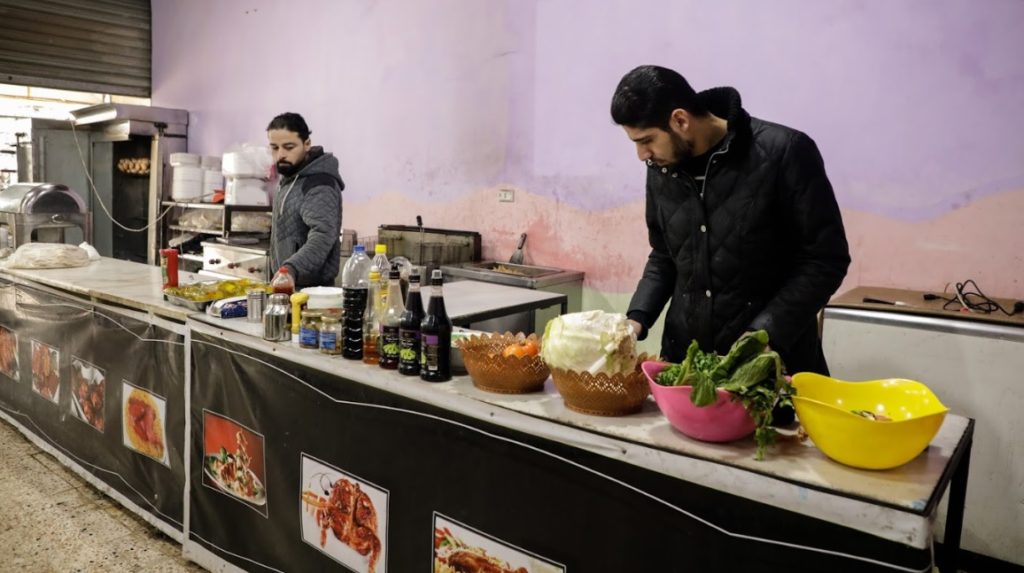
Bilal says that he hopes that there will be more awareness in Syrian communities to make sure that persons with disabilities are not excluded. “When I started working, I felt a lot better. There was a material and a social benefit. Things at home got a lot better, and I am so grateful I could learn a profession.”
Bilal is extremely happy and grateful that he could attend the training, he now earns enough money to provide for his family. “I wish that in the future I can open my own restaurant and I wish people love the food I make.”
